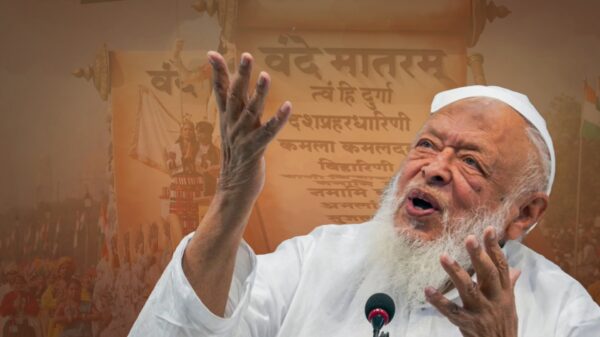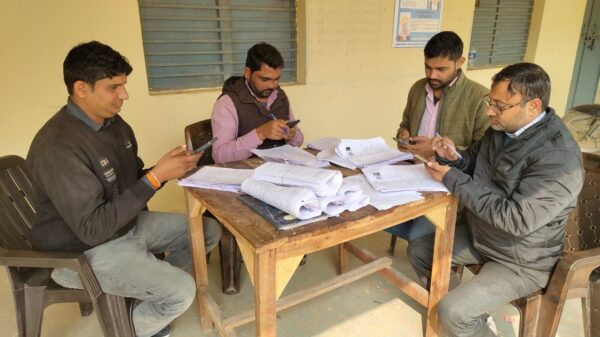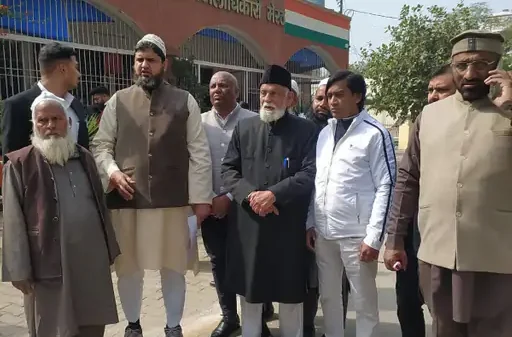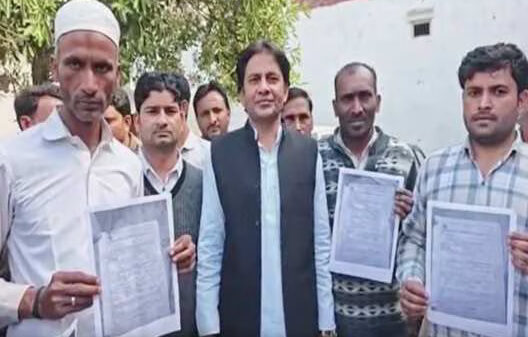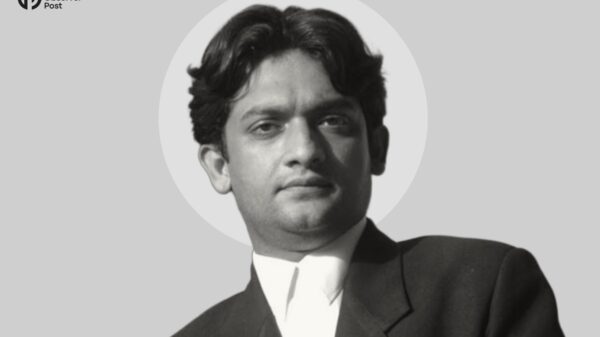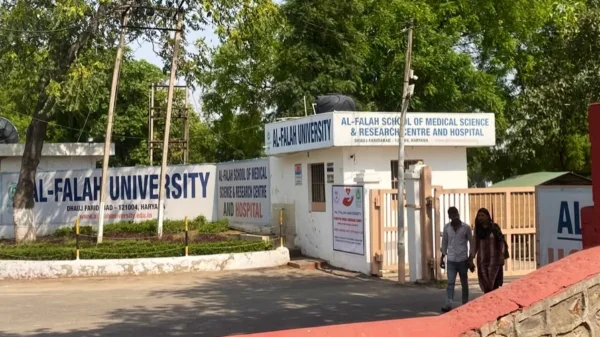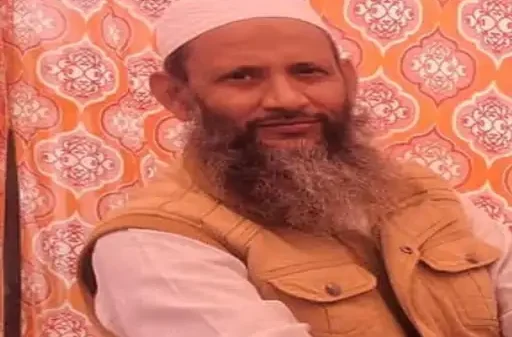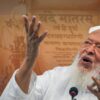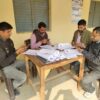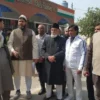In a ruling The Andhra Pradesh High Court has stated that once a person converts to Christianity, they cannot seek protection under the Scheduled Castes and Scheduled Tribes (Prevention of Atrocities) Act, commonly known as the SC/ST Act.
Justice Harinath N, while delivering the verdict in the case Akkala Ram Reddy v The State of Andhra Pradesh, said, “Only a person belonging to Scheduled Caste and Scheduled Tribe can invoke the provisions of the SC/ST Act… The 2nd respondent had voluntarily converted to Christianity and was admittedly working as a Pastor in a Church for the last 10 years as on the date of the incident. Thus, the 2nd respondent cannot be permitted to invoke the provisions of the protective legislation.”
The Court made this observation while quashing a case filed under the SC/ST Act and sections of the Indian Penal Code (IPC) against a group of people accused of using casteist slurs and assaulting a Christian pastor. The complainant had reportedly converted from Hinduism to Christianity more than ten years ago and has been working as a pastor ever since.
The Court noted that although the complainant still held a Scheduled Caste certificate, it doesn’t automatically make them eligible for protection under the SC/ST Act after conversion.
“Mere non-cancellation of the caste certificate by the authority to a person who has converted into Christianity cannot instill the protection granted under the Protective Legislation,” the judge said.
“The 2nd respondent has ceased to be a Member of the Scheduled Caste Community, the day he had converted to Christianity.”
The accused in the case had argued that the SC/ST Act should not apply, as the complainant was no longer a member of a Scheduled Caste after embracing Christianity. The Court agreed with the argument, also noting that the allegations made under IPC sections were not backed by evidence.
“This Court is of the considered view that a false complaint is filed and no purpose would be served if the petitioners are relegated to the trial Court and to undergo the rigmarole of trial,” the judge concluded.
The petitioners were represented by Advocate JV Phaniduth, while Advocate Satheesh Kumar Eerla appeared for the complainant. The Public Prosecutor represented the State.






